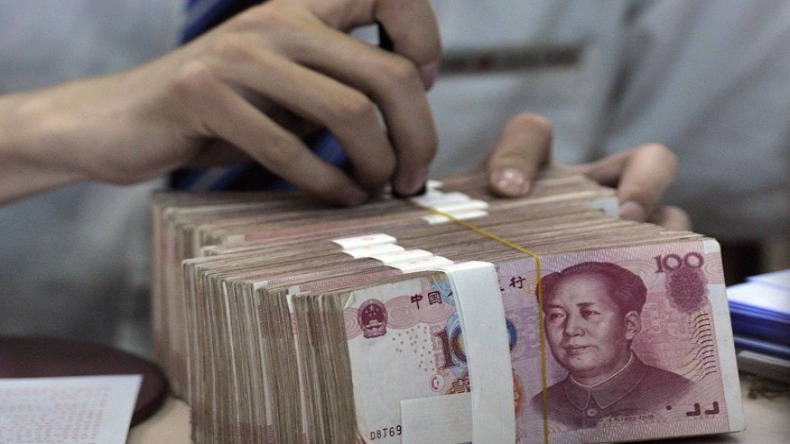China’s local governments are finding it difficult to service debt raised via municipal and Local Government Financing Vehicles (LGFVs) bonds, as their financial position has tightened due to slowing economic growth and a fall in revenue amid a downturn in the property market. According to financial analysts, local government direct debt exceeded 120 percent of revenue in 2022. As per the International Monetary Fund, the explicit on-the-books debt of local governments, including bonds, was $5.3 trillion. However, implicit debt, including LGFV debt, amounted to about $15.3 trillion. In the next five years, municipal bonds worth almost $2.1 trillion (40 percent of the outstanding debt) are to mature.
Along with maturing municipal bonds, there is an increasing debt burden of bonds sold by LGFVs, which are off-balance platforms. Onshore bonds of LGFVs worth nearly $790 billion are coming due this year, the highest since 2021. A potential bond repayment default could undermine China’s economic recovery and threaten its financial stability.
Economists say China’s high level of municipal borrowing would be its largest financial risk this year. A recent last-minute bond payment in Kunming, the capital of Yunnan, by a local government-owned firm points towards weakening the debt serviceability of local governments.
There have been no reports of an LGFV default yet but some have had the period of their loans extended. However, any delayed payments by the LGFVs would raise the risks of a possible bond default in the listed market. Chinese local governments are facing a vicious circle of issuing more bonds to roll over maturing ones as they face a financial squeeze due to falling revenue from land sales and measures to revive businesses. This is likely to affect future investment in crucial sectors of the economy, which ultimately would put pressure on economic growth.
There is also growing concern that due to the increasing debt burden and falling revenue, local governments will cut back on public spending. There are reports that local governments in Hegang, Shangqiu, Wuhan, Guangzhou and Shanghai, have failed to pay the salaries of teachers and government employees, have rationed natural gas, restricted public bus services, auctioned off public schools, and slashed pensions and health benefits. The northern province of Hebei was without heating in November and December last year because of a shortage of natural gas and was further affected by the cuts in government subsidies. Households in the city of Hegang were also left without heat after local companies restricted supply in January. Banks and interest rates will also be affected in case the debt problem of the local governments becomes acute. According to the Centre for Strategic and International Studies (CSIS), Chinese banks, the largest creditors to LGFVs, would see a large increase in non-performing assets from even small defaults by LGFVs. Some local governments are already pushing banks to extend maturities and cut interest rates For example, Guiyang was seeking help from the central government as it does not have the ability to repay its debts. This indicates an emerging crisis in local government debt in the coming months. The situation is becoming increasingly difficult at a time local-government finances have been strained due to strict COVID-19 controls and a property sector slump that cut into land sales. Matters are only likely to get worse, which will slow the pace of economic growth.

